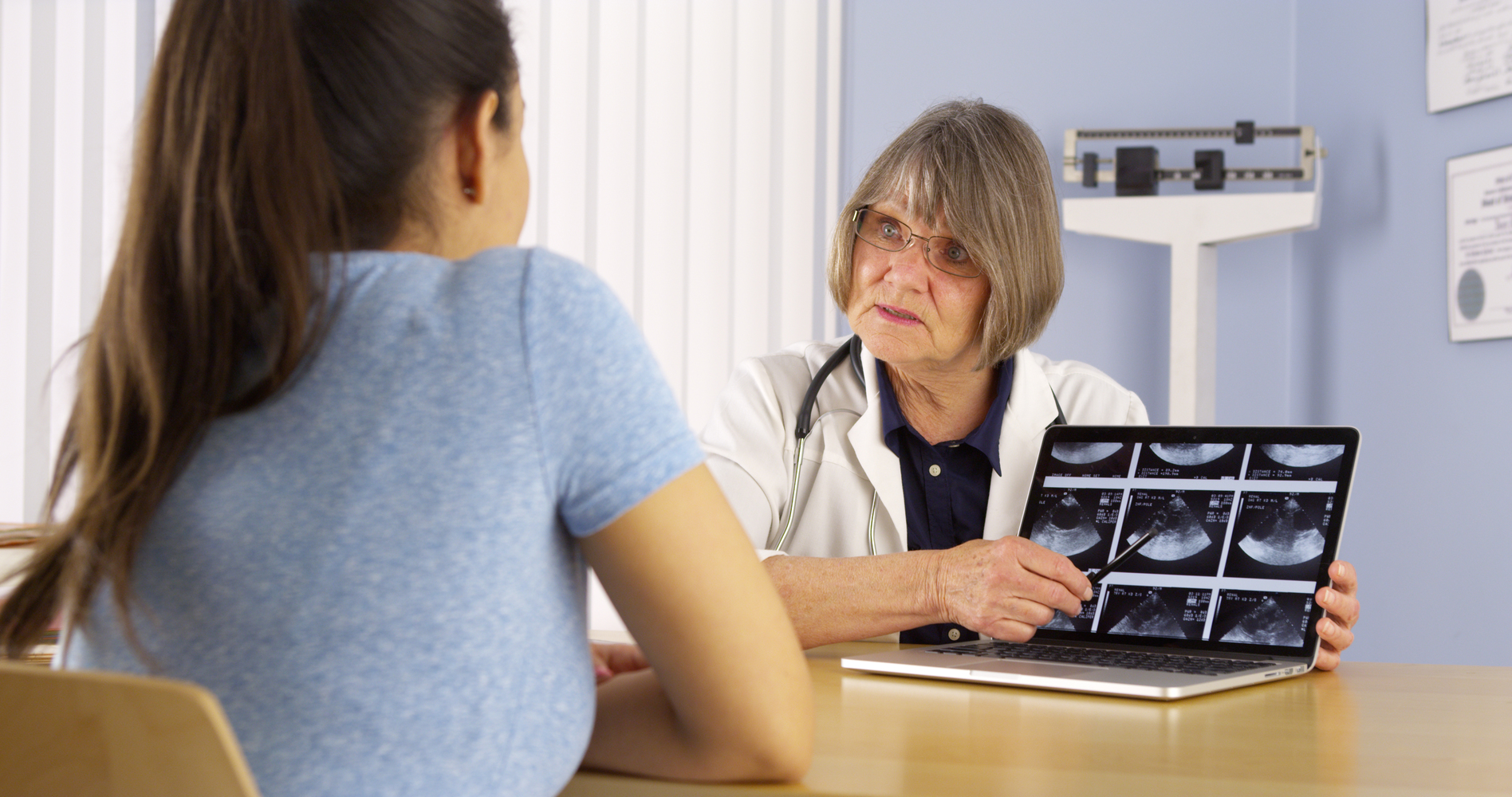
Ovarian Cancer: Side-Effects of Main Treatments
Understanding the main treatments for ovarian cancer and the possible side-effects is vital for a patient to survive. All treatment decisions need to be taken following in-depth consultation with medical professionals. The main treatments for ovarian cancer are surgery and chemotherapy; so, it is only obvious that one should be prepared to deal with the possible complications and side-effects that may arise from these therapies.
The main purpose of treating ovarian cancer with the following treatments is to eliminate all the cancer cells through debulking and there afterward provide adjuvant or additional treatment through chemotherapy or radiation:
1. Chemotherapy
Chemotherapy has always been known to trigger side-effects. But, at the same time, the effects vary from one patient to another. While some only experience minor issues, others may go through a particularly hard time. The chemo medicines are meant to kill cancerous cells, and medicines these will attack cancer cells not only in the ovaries but everywhere else too. So, it is bound to cause far-reaching effects. While destroying the bad cells that are reproducing at abnormally high speeds, it also ends up destroying the noncancerous cells. This is why patients experience many complications like diarrhea, nausea and vomiting, hair loss, appetite loss, neuropathy, fatigue, short-term memory loss, and reduced sexual drive.
In intraperitoneal chemotherapy, the medicine is inserted directly into the patient’s peritoneal area via a catheter. This therapy is now combined with intravenous therapy as this works best for ovarian cancer patients. The side-effects are almost the same.
2. Targeted therapy
Targeted therapy medications and angiogenesis inhibitors may be prescribed together with chemotherapy or independently. These can have different side-effects and may be useful only for some specific populations.
3. Clinical trials
Clinical trials can devise new treatments for ovarian cancer, but the patient must be first tested to see if she fits the criteria to be a part of the trials. While most tend to think that this is the last resort when all other treatments have not yielded positive outcomes, the trials could be started earlier on too.
4. Complementary therapies
Complementary therapies are often tried out by women post-diagnosis and these can be used together with traditional medications. For instance, herbal products, massage acupuncture, special diets, vitamins, etc are some of these complementary approaches. But one must talk to their doctor regarding these because some products like herbal teas can end up interfering with cancer medications.
5. Radiation
Radiation aims to destroy any remaining cancerous cells inside the body via high powered laser energy. Although, radiation therapy that employs high-energy X-rays is rarely used for treating this type of cancer.
6. Side effects of cancer treatments
Chemotherapy in particular is a cancer treatment that causes many adverse side effects, such as:
- Fatigue is a common side-effect as most women going through chemotherapy need to start it even before they get time to recover from surgery. So for such women to cope with chemo, they must set manageable goals, follow a good healthy diet, perform light exercises and take help in getting household chores done.
- Infertility may be a possible side-effect of chemotherapy and other cancer treatments and often women can experience a big sense of loss when their reproductive organs like the uterus or ovaries are taken out. So, it is best to consult a gynecological oncology nurse or counselor to know how to cope with this.
- Menopause is often a serious side-effect of surgery when the ovaries get removed. The symptoms are hot flashes, mood swings, itchy skin, insomnia, and tiredness. One can talk to their doctor about hormone replacement therapy benefits and risks, take a bone-density test to prevent the weakening of bones.
- After surgery or chemo, women also experience bowel problems like constipation, cramps, and diarrhea. However, such side-effects are usually temporary and they go away with time.
One must be aware of all the side effects of the main treatments for ovarian cancer so that when it comes to choosing an option, there is clarity in terms of what is to be expected.


